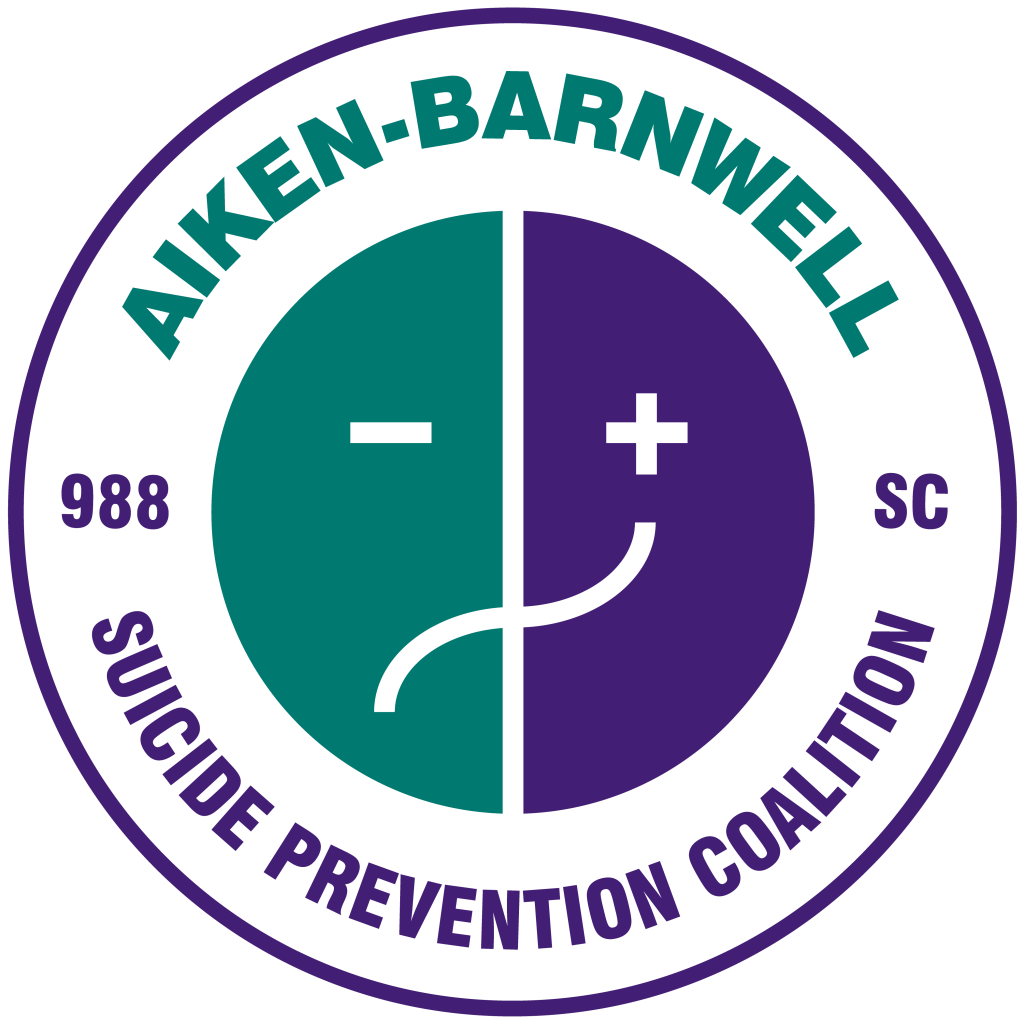Find the Words
- Have resources on hand.
- Familiarize yourself with signs of suicide.
- Mentioning the signs of suicide indicates concern and makes it hard for a person to deny it.
- Ask direct questions, “Are you thinking about suicide?
Listen, express concern, reassure
- Be calm, non-judgmental, and calming.
- Listen as the person shares their anger, despair, or other negative emotion. This is a positive sign.
- Offer hope, letting them know help is available and that his or her life is important to you.
Create a safety plan
- Ask the person what will keep them safe until they can see a professional.
- Get a verbal commitment from the person that they will not act Evaluate if there is immediate danger.
- Determine if he or she has a plan, a means to carry out the act, and a timeline.
- If immediate help is needed, call 911 or the Suicide Prevention Hotline at 1-800-273-TALK (8255).
- Stay with the person or take them to the Emergency room if a suicide attempt seems imminent.
Get help
- Provide the person with a list of resources.
- Encourage an appointment with a mental health professional.
- Be aware of treatment recommendations and follow their compliance with recommendations.
- Maintain contact. Don’t wait to hear from them, stay involved for the long haul.
- Encourage positive lifestyle changes in regard to diet, exercise, and sleep.
- Remove all potential means of suicide, such as pills, knives, razors, firearms.
What not to say
- Don’t ask in a way that will result in “No” as an answer.
- Don’t promise secrecy; tell them you care too much to keep this secret.
- Out of frustration or anger, do not tell the person to “do it.”
- Do not use values, guilt, or morals as reasons to live.
